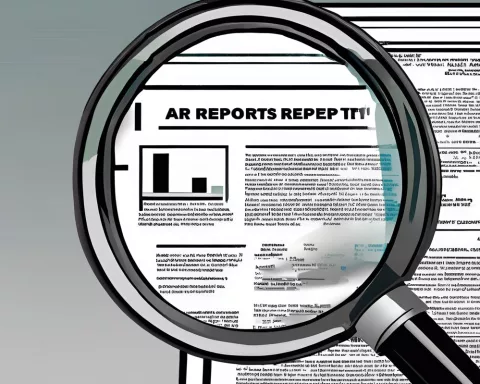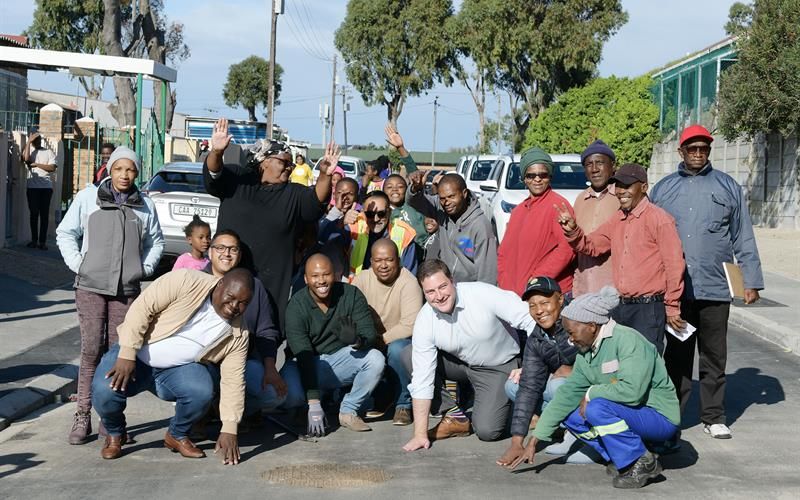The South African Information Regulator has taken a major step towards increasing transparency and accountability within the country’s political parties. In a recent announcement, the Regulator revealed plans to conduct a series of assessments of political parties’ compliance with the Promotion of Access to Information Act 2, 2000 (PAIA).
Assessments to Begin in May 2023
Scheduled to take place between May 19 and June 7, 2023, the assessments will cover all political parties represented in the South African Parliament. The assessments are part of the Regulator’s Annual Performance Plan 2023/2024, which was presented to the Justice and Correctional Services Portfolio Committee. The first political party to be assessed will be the African Christian Democratic Party (ACDP) on May 19, 2023.
PAIA Amendment
The amendment to PAIA, which came into effect on April 1, 2021, resulted from the Constitutional Court’s judgment in the My Vote Counts NPC v Minister of Justice and Correctional Services and Another [2018] ZACC 17 case. Under this amendment, political parties and independent candidates are now required to record, preserve, and make available information about their private funding.
South Africa is one of the very few countries worldwide that includes political parties in its access to information regime. This means that individuals have the right to request access to information held by a political party if such information is required for exercising any of their constitutional rights, particularly the right to vote.
Strengthening Transparency and Accountability
The decision to include political parties in PAIA assessments was made to strengthen transparency within political parties. This decision is particularly significant given the forthcoming 2024 National and Provincial elections. According to Adv. Pansy Tlakula, Chairperson of the Regulator, the Regulator’s assessment will focus on several areas of compliance, including the designation or delegation of Deputy Information Officer/s (DIOs), registration of Information Officer (IO) and DIOs with the Regulator, development and availability of PAIA manuals, and the creation and maintenance of information related to political party donations.
Moreover, the Regulator will conduct onsite inspections at political party offices. This financial year, the Regulator will also assess other public and private bodies, including universities, national and provincial government departments, and JSE-listed companies.
Drive towards Compliance
Historically, PAIA compliance rates have been low, with many organizations reluctant to provide information. Such non-compliance undermines the constitutional right of access to information. The Regulator aims to ensure meaningful compliance with PAIA by various institutions and promote transparency and accountability across different sectors of society. This initiative is essential for strengthening democracy and upholding the principles of good governance in South Africa.












